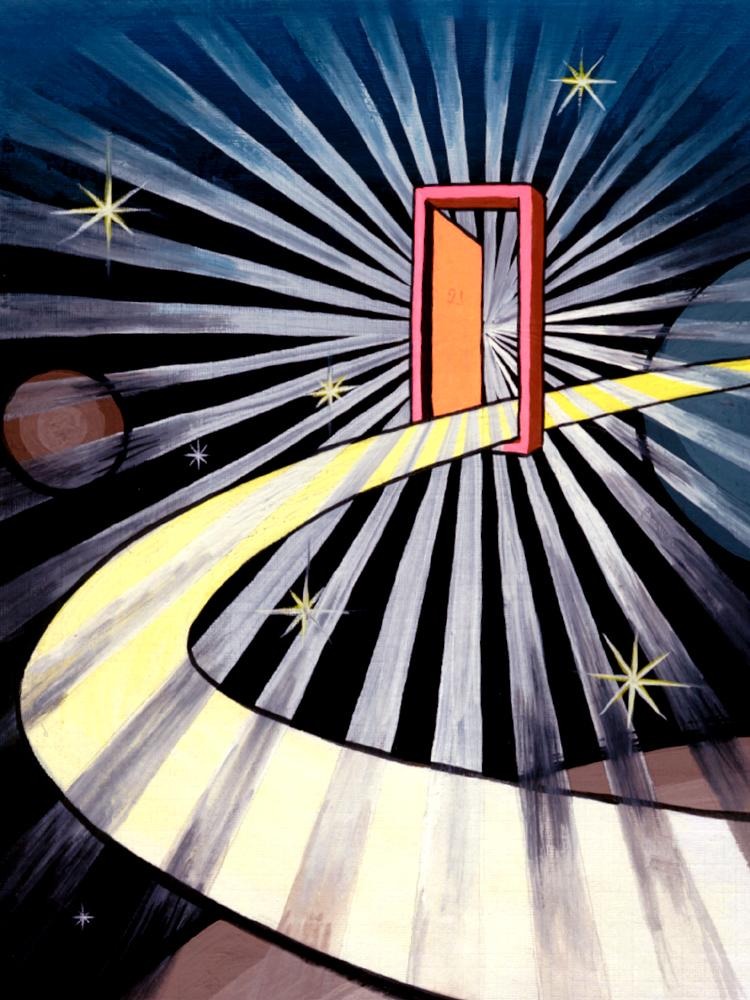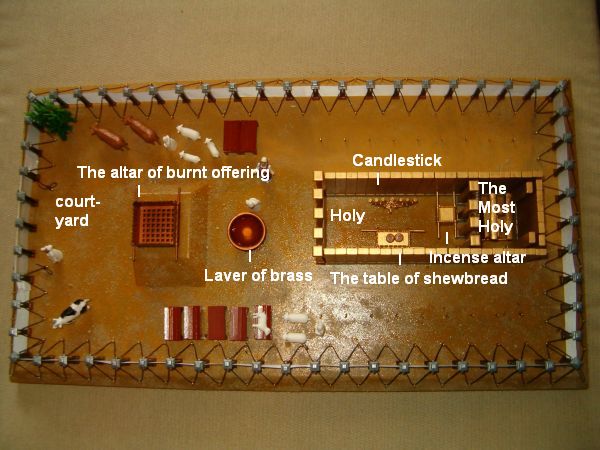
Romans 8:15, Adoption. This word (found only in Paul’s epistles) is found in only four other places in the Testimony of Yeshua (i.e. Rom 8:23; 9:4; Gal 4:5; Eph 1:5). It is the Greek work huiothesia and refers to that spiritual relationship which Elohim has established between himself and the saints—the Israel of Ellohim (Gal 6:16)—to the exclusion of all other people on earth.
In Galatians, Paul speaks of redeemed believers being both Abraham’s seed and being adopted as sons of Elohim (Gal 3:29, 4:5). Elsewhere where the term adoption is used in the Testimony of Yeshua, it is in reference to our relationship with our Heavenly Father, not with our earthly father, Abraham. The saints are therefore, the sons, seed or offspring of Abraham, yet adopted into the family of Elohim as spiritual sons. In other words, redeemed believers are the literal sons or seed (physically and spiritually) of Abraham, yet adopted sons (spiritually) of YHVH.
This adoption process will be finalized or completed at the resurrection of the saints at Yeshua’s second coming when each saint will receive their resurrected, glorified spiritual body (Rom. 8:23), for it is then, as John states, that we will be like him (Yeshua) for we shall see him as he is (1 John 3:2).
The Most High Yehovah Elohim, the Creator of the universe who made you and me in his image wants to adopt you and me into his eternal kingdom of heaven—the family of Elohim. Do you have your adoption papers and is your “ticket” punched for your ride to the New Jerusalem? If not, go here: https://hoshanarabbah.org/blog/?s=salvation&submit=Search. If so, then comfort yourself with this glorious truth! Maranatha and halleluYah!





